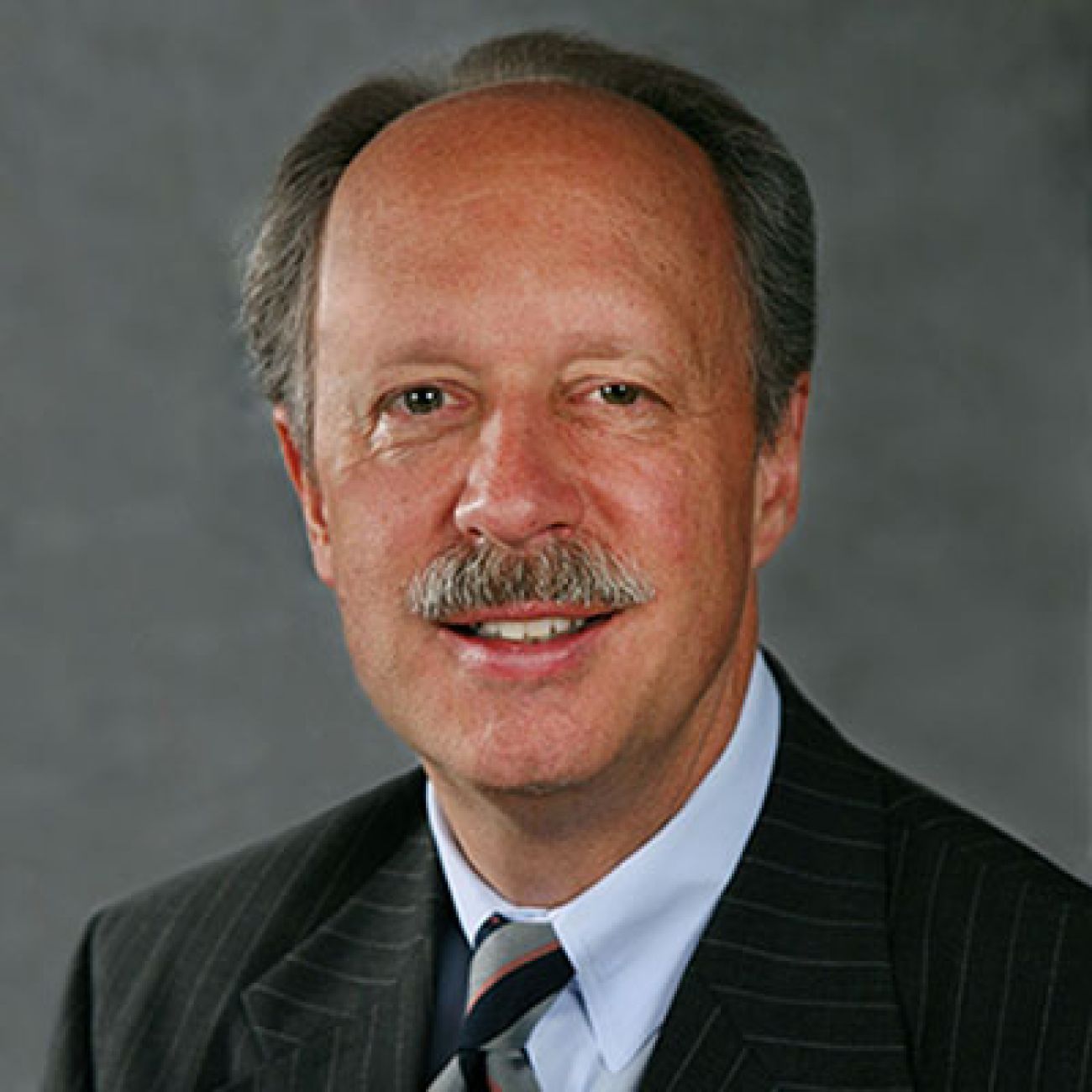Opinion | Michigan helped create the world order. Is it on course to change it?
During World War II, few places in the United States had as much impact on its outcome as did Michigan, home to the war industries that made it the nation’s “arsenal of democracy.” As the war progressed, Michigander views about America’s place in the world evolved from isolation to engagement.
Today, as the 2024 elections are underway, engagement is under the political microscope. The contests for Michigan’s electoral votes and U.S. Senate seat could well determine which party controls the Senate and who sits in the White House. And those winners can surely affect the course of world order.

How is it that Michigan again finds itself in this fulcrum? During the run-up to World War II, many Michiganders saw Europe’s troubles as something America could — and should — ignore. Emblematic was the state’s popular senior senator, Republican Arthur Vandenberg of Grand Rapids.
As a crusading newspaper editor during World War I, he had supported international engagement, but in the 1930s as senator, he embraced isolation, holding views that were, at the time, mainstream. Yet, contemporaneously, the auto industry — Michigan’s economic lifeblood — was beginning to shift production from cars to war materiel. Auto workers were seeing their output supplying the U.S. armed services and being sent abroad via Lend-Lease. This brought the specter of war into countless living rooms.
Then came the Japanese attack on Pearl Harbor. Defense of democracy pushed isolation to the curb. Later, in the closing months of the war, Vandenberg took to the Senate floor to say his isolationism had been a mistake, that international engagement was a necessity. It was, and remains, a remarkable and courageous turn.
In the years that followed, Vandenberg led bipartisan support for the Truman Doctrine, the Marshall Plan and the formation of NATO. “Politics,” he said, “stops at the water’s edge.” Michigan voters, in sync with their senator, rewarded Vandenberg with an easy postwar re-election.
Fast-forward to today, and it seems the most hyperbolic American political disputes are about issues beyond the border, not behind it. The wars in Ukraine and Gaza, the future of NATO, and immigrants at the Rio Grande are driving the national news cycle and were on full display during former President Trump’s recent campaign appearance in Vandenberg’s hometown.
What does this mean for Michigan in 2024? President Biden and the former president are headed for a rematch, with each holding opposing views on Ukraine, NATO, immigration policy and how to engage with the world. Polling has them roughly tied in the state Biden had carried by 154,000 votes.
U.S. Senator Debbie Stabenow, the Democrat who holds Vandenberg’s seat, is retiring after four terms; early polling in the race had a generic partisan outcome evenly split in the state where the Democratic governor, attorney general, and secretary of state swept to easy victories just two years ago.
Michigan was essential to Trump’s victory in 2016 and Biden’s in 2020. The Senate majority -- made up of Democrats and independents – has just a two-seat margin, so every race could be decisional to control.
Here is the trenchant question: will swing-state Michigan determine the ultimate winners and by so doing, influence world order once again? If that outcome produces a return to disengagement, one can almost imagine Arthur Vandenberg turning in his grave.
See what new members are saying about why they donated to Bridge Michigan:
- “In order for this information to be accurate and unbiased it must be underwritten by its readers, not by special interests.” - Larry S.
- “Not many other media sources report on the topics Bridge does.” - Susan B.
- “Your journalism is outstanding and rare these days.” - Mark S.
If you want to ensure the future of nonpartisan, nonprofit Michigan journalism, please become a member today. You, too, will be asked why you donated and maybe we'll feature your quote next time!




